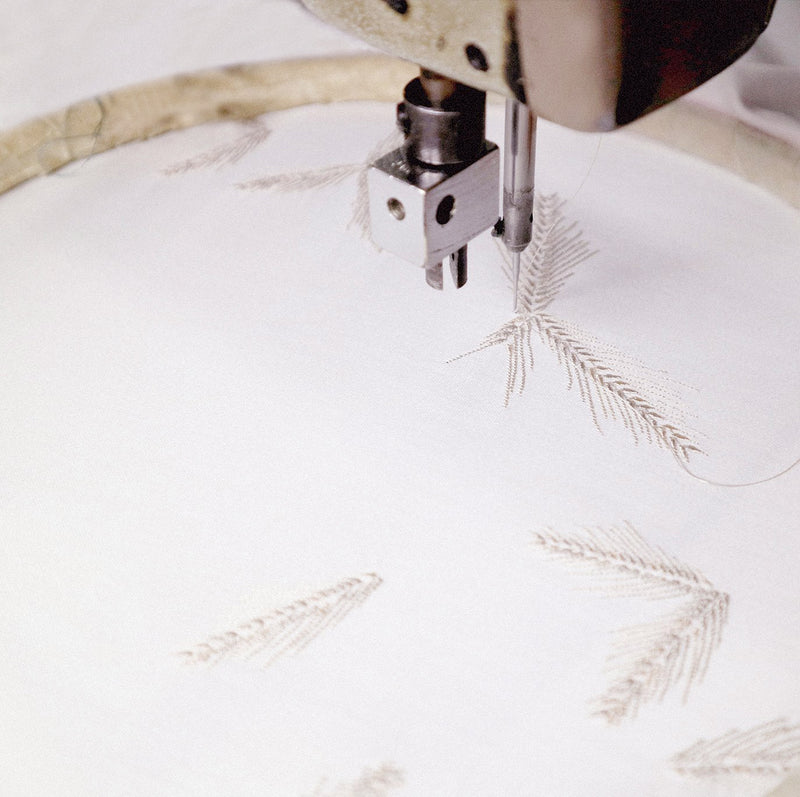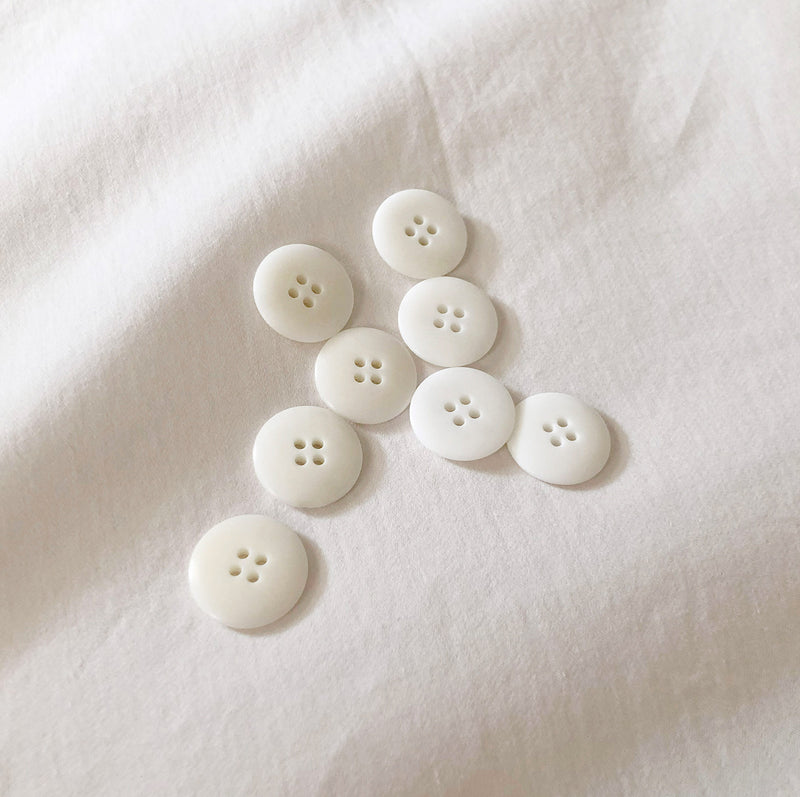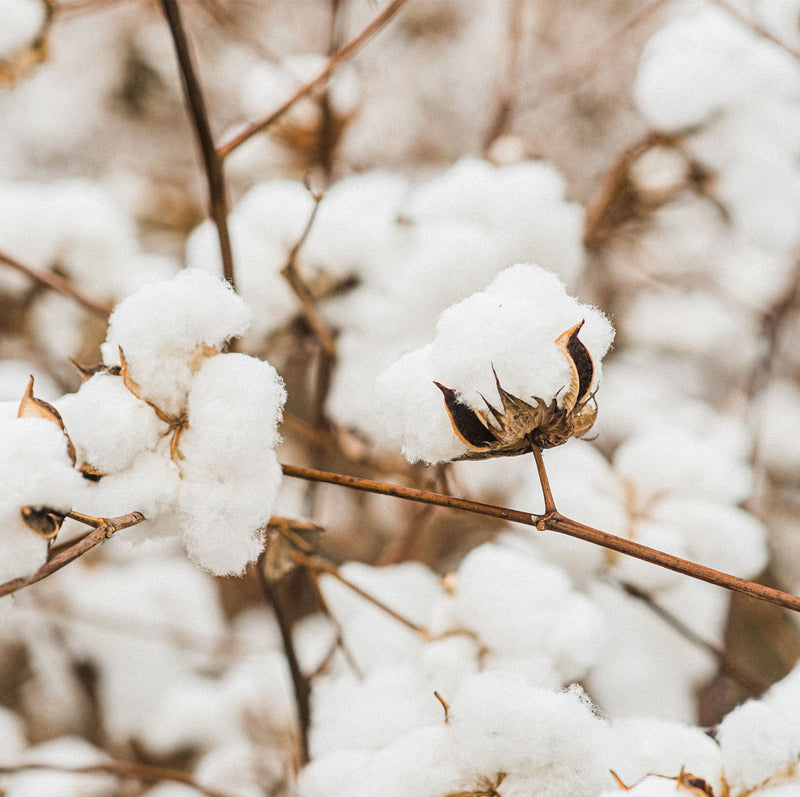


Made to last (but not forever)
Longevity is fundamental to sustainability. Baea homewares are seasonless and long-lasting — designed to bring you joy for years to come.
Our products and packaging materials are fully biodegradable, down to the last plant-based button (each of which is made from an ingenious material called corozo, derived from the nut of the tagua palm). At the end of their usefulness, our products can be returned to the earth.

The right materials and processes
In a throw-away society of fast fashion, the demand for cheap cotton is taking its toll. There are better ways of doing things and we believe vehemently in supporting them…
- All our bed linen is made from 100% organic cotton
- During the processing stage, 40% of the water required for finishing is recuperated
- We work with only light colours, minimising dyes and chemicals
- We manufacture in small batches, avoiding unnecessary production and surplus

Committed to organic
We only ever use 100% organic cotton.
Although cotton is a natural fibre, in use for thousands of years, modern agricultural practices involving chemicals, genetically modified seeds and excessive water consumption have taken a sizable toll on the environment. That’s why we are committed to organic, working with partners we trust to source only the best.
These include:
No poverty
Farmers are able to earn more while spending less.
Zero hunger
Can be grown alongside a variety of food crops, contributing to food security.
Good health and well-being
Avoiding exposure to toxic chemicals helps keep farmers and their families safe.
Gender equality
Around 10 percent of organic farmers are women, running their own farms.
Clean water and sanitation
No toxic pesticides or synthetic fertilisers contaminating water sources.
Industry, innovation and infrastructure
Sustainable, ethical and transparent — organic cotton is an inspiring model.
Responsible production and consumption
Choosing organic, whether as producer or consumer, means benefits at every stage.
Climate action
Organic soils sequester carbon. Synthetic fertilisers rely on fossil fuels.
Peace, justice and strong institutions
Cooperatives growing organic cotton value democracy and collaboration.